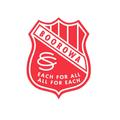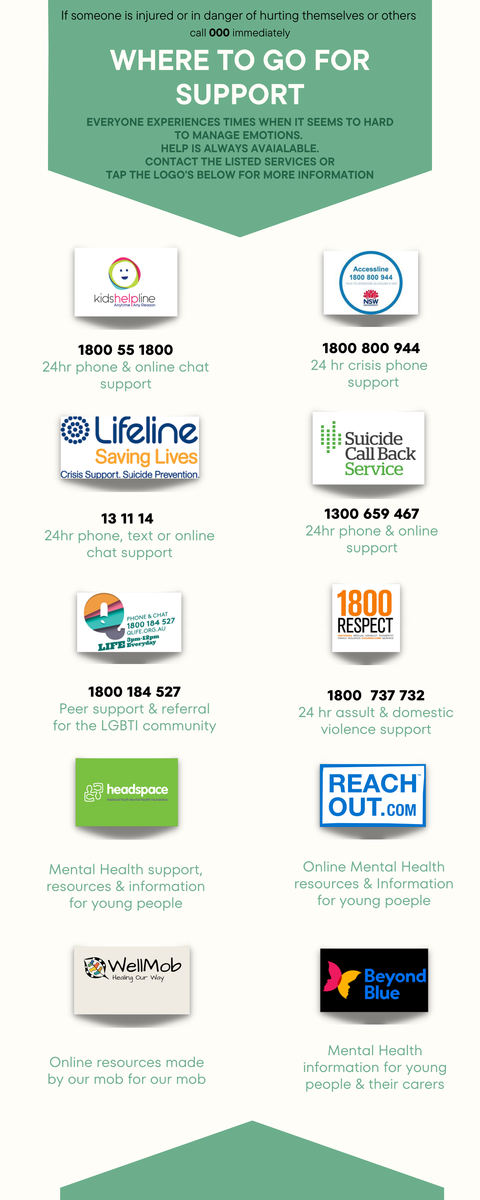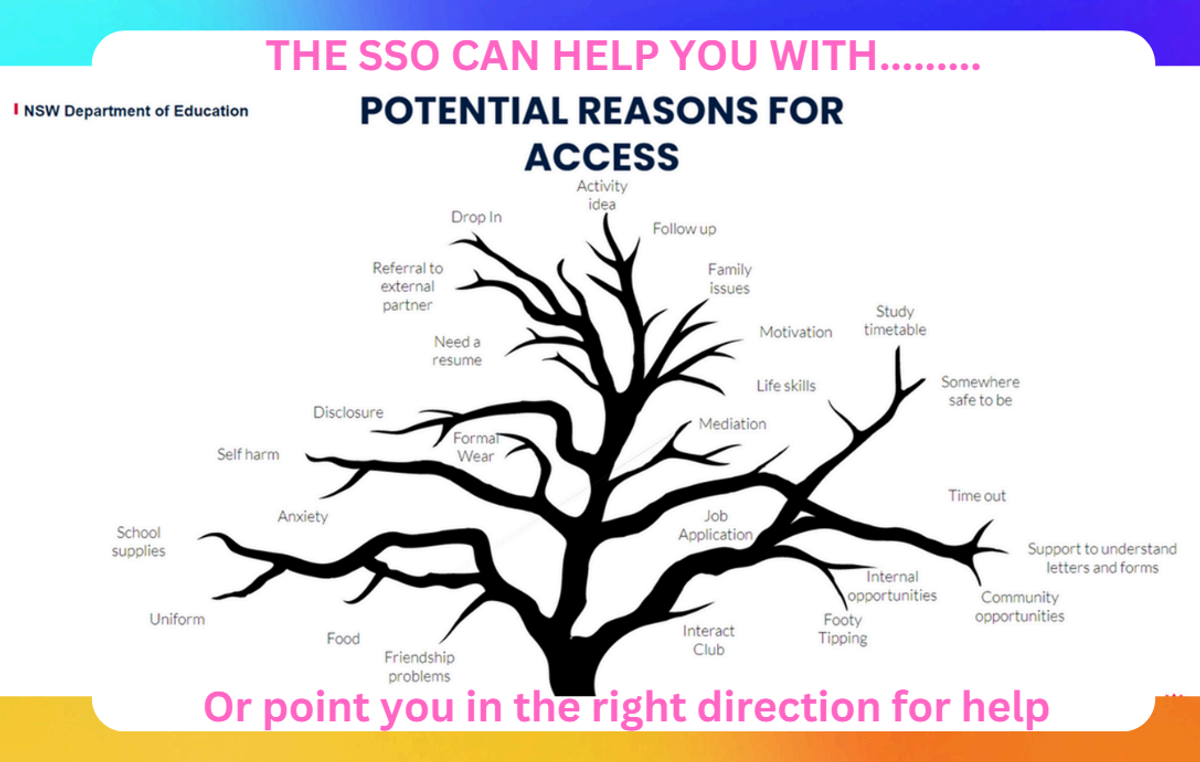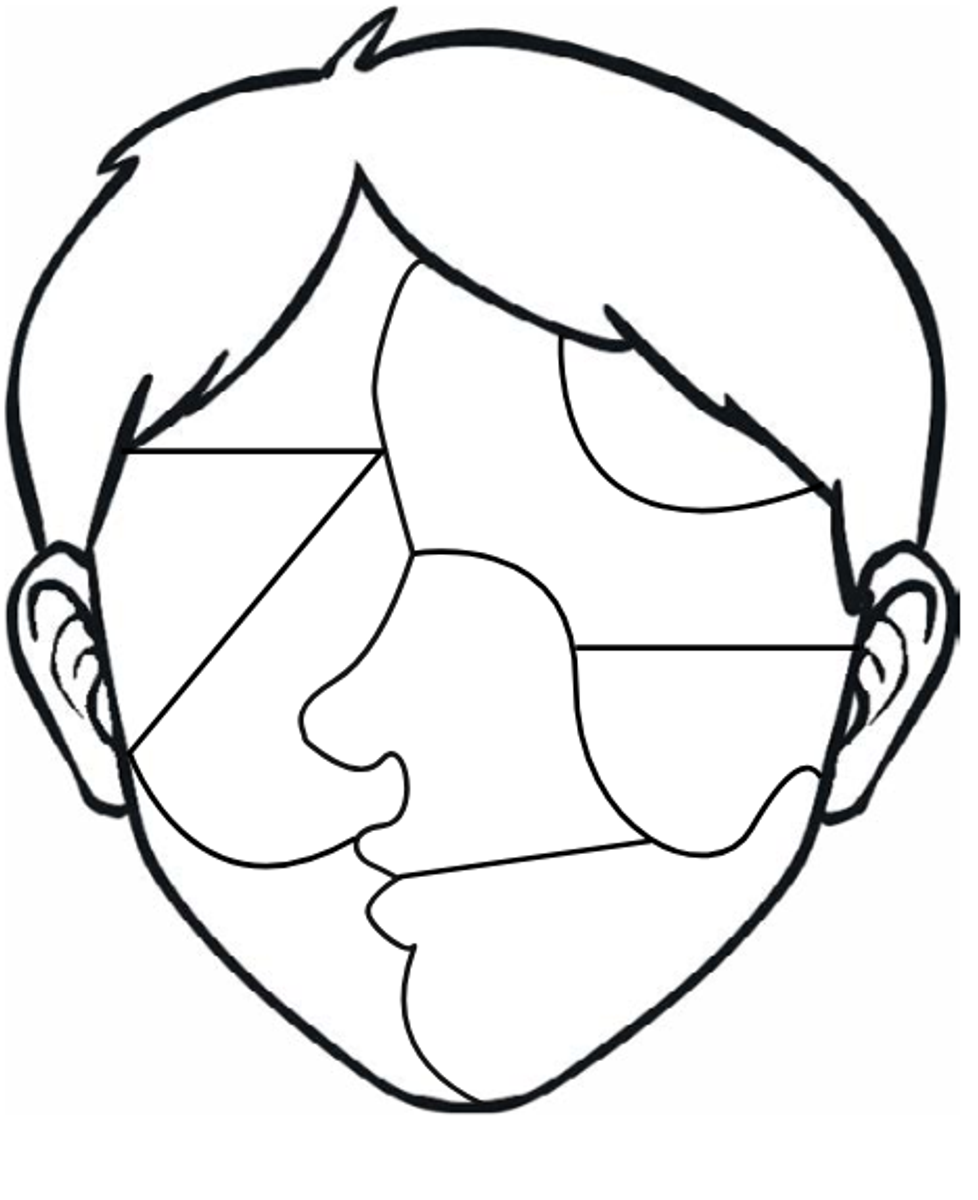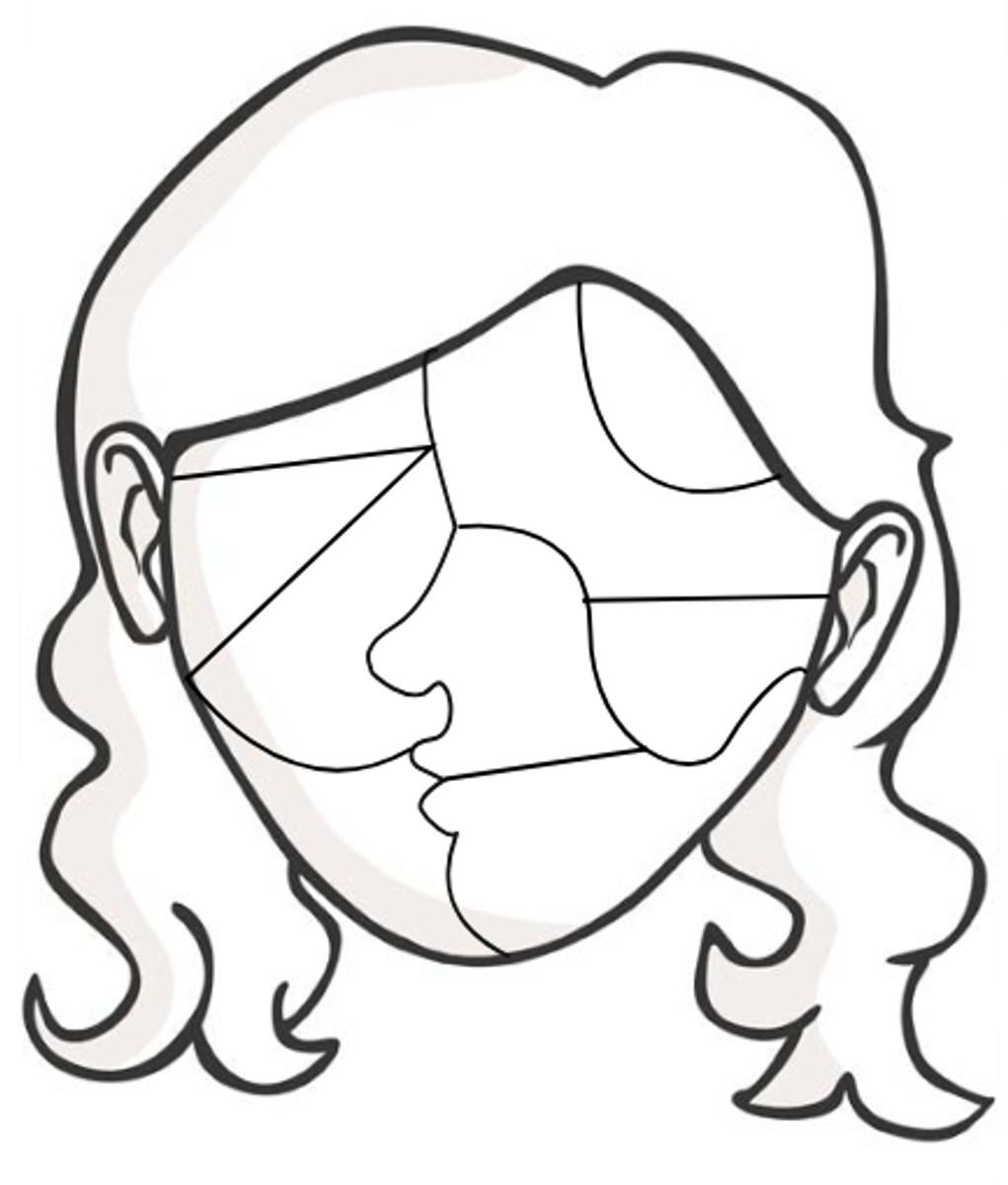Wellbeing Matters

Student Support Officer
One of the biggest questions I get asked as the Student Support Officer is “who can I talk to?”.
In a small school such as ours there really is no wrong person to talk to.
If students are in need of someone to talk to they can speak with their parents/family or their GP.
Here at school they can speak with their class teacher, Year advisor, Boys/Girls Advisor, request to see the school counsellor or Student Support Officer.
If unsure the Student Support Officer can always point them in the right direction. Sometimes this may involve contacting outside supports such as Kids Helpline, Headspace or Mental Health Accessline.
As parents and caregivers if you have any concerns about your child please contact their class teacher or Year Advisor. You may also like to see your GP or in case of an emergency contact 000.
Below are some key phone numbers that may be able to assist you;
NSW Mental Health Access Line 1800 011 511- staffed by mental health professionals, the line gives NSW residents access to expert mental health advice, support and referrals for people dealing with a mental health problem and their families and carers.
Kids Helpline 1800 55 1800 is Australia’s only free 24/7 confidential and private counselling service specifically for children and young people aged 5 to 25.
Lifeline 13 11 14 are a national charity providing all Australians experiencing emotional distress with access to 24 hour crisis support and suicide prevention services.
Other services available via
If you are unsure of who best to speak with here at school, please do not hesitate to contact me as the Student Support Officer on 63853009. We are all here to support you and your child.
Taryn Riles - Student Support Officer
Nationally Consistent Collection of Data on School Students with Disability (NCCD)
Every year, all schools in Australia participate in the Nationally Consistent Collection of Data on School Students with Disability (NCCD). The NCCD process requires schools to identify information already available in the school about supports provided to students with disability. These relate to legislative requirements under the Disability Discrimination Act 1992 and the Disability Standards for Education 2005, in line with the NCCD guidelines (2019).
Information provided about students to the Australian Government for the NCCD includes:
· year of schooling
· category of disability: physical, cognitive, sensory or social/emotional
· level of adjustment provided: support provided within quality differentiated teaching practice, supplementary, substantial or extensive.
This information assists schools to:
· formally recognise the supports and adjustments provided to students with disability in schools
· consider how they can strengthen the support of students with disability in schools
· develop shared practices so that they can review their learning programs in order to improve educational outcomes for students with disability.
The NCCD provides state and federal governments with the information they need to plan more broadly for the support of students with disability.
The NCCD will have no direct impact on your child and your child will not be involved in any testing process. The school will provide data to the Australian Government in such a way that no individual student will be able to be identified – the privacy and confidentiality of all students is ensured. All information is protected by privacy laws that regulate the collection, storage and disclosure of personal information. To find out more about these matters, please refer to the Australian Government’s Privacy Policy (https://www.education.gov.au/privacy-policy). Further information about the NCCD can be found on the NCCD Portal (https://www.nccd.edu.au).
If you have any questions about the NCCD, please contact the school.
STRONGER SMARTER
Students from Kindergarten to Year 6 have started the process of customising their Picasso art works which will symbolise individual components of "self". These segments identify three key people pillars in their lives (Big Rocks), three enjoyable factors in their lives (Small Pebbles) and three personal strengths or characteristics. The Picasso inspired templates were used to signify the complexity of identity. Students will complete their faces in our next session together.
SEASONS FOR GROWTH
The Seasons for Growth group have now completed the season of Spring lessons. Spring sessions enabled students to learn skills to assist with adapting to change and loss. It gives students the opportunity to safely explore the idea that their feelings are normal and not something to be afraid of. Participants have learnt that it is not feelings per se but what they DO with their feelings that is helpful or unhelpful.
We look forward to closing out the term focusing on Summer and the positive ways they can develop, adapt and grow after change.
